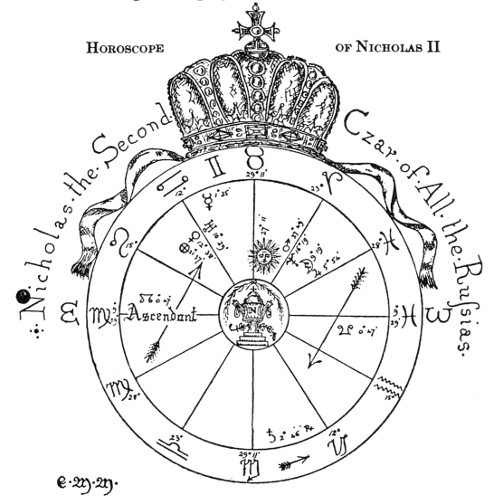Again, have you never perceived the neck of the dove changing colour so as to assume a countless variety of hues in the rays of the sun? Is it not by turns red, and purple and fiery coloured, and cinereous, and again pale, and ruddy, and every other variety of colour, the very names of which it is not easy to enumerate?
Philo of Alexandria, On Drunkenness 173
What can we be sure of?
What can we be sure of about our writing and about ourselves as writers?
Is our writing good? How do we know?
Are we brave writers? Do we write hard and clear?
Aenesidemus (founder of Pyrrhonian Skepticism, 1CE) was a member of Plato’s Academy led by Philo. Frustrated by dogmatism in the Academy he developed a foundation for the idea that the judgements and knowledge we claim about things is dependent on a series of contingent and changing conditions. For example, people perceive the world differently to other animals, people perceive the world differently to each other, our own bodily senses offers us differing perceptions of the same thing and so forth.
For Aenesidemus, this flux means we cannot unconditionally confirm most of the claims we make about the world, ourselves and others. We can say some things that may be true in particular circumstances, but nothing holds true outside the conditions, or modes, he describes.
What happens if we see our writing as the neck of a dove? Letting it change in the light; seeing with all our senses, not restricting ourselves to the narrow mutterings of our internal one-eyed critic.
Can we now sit and write?



